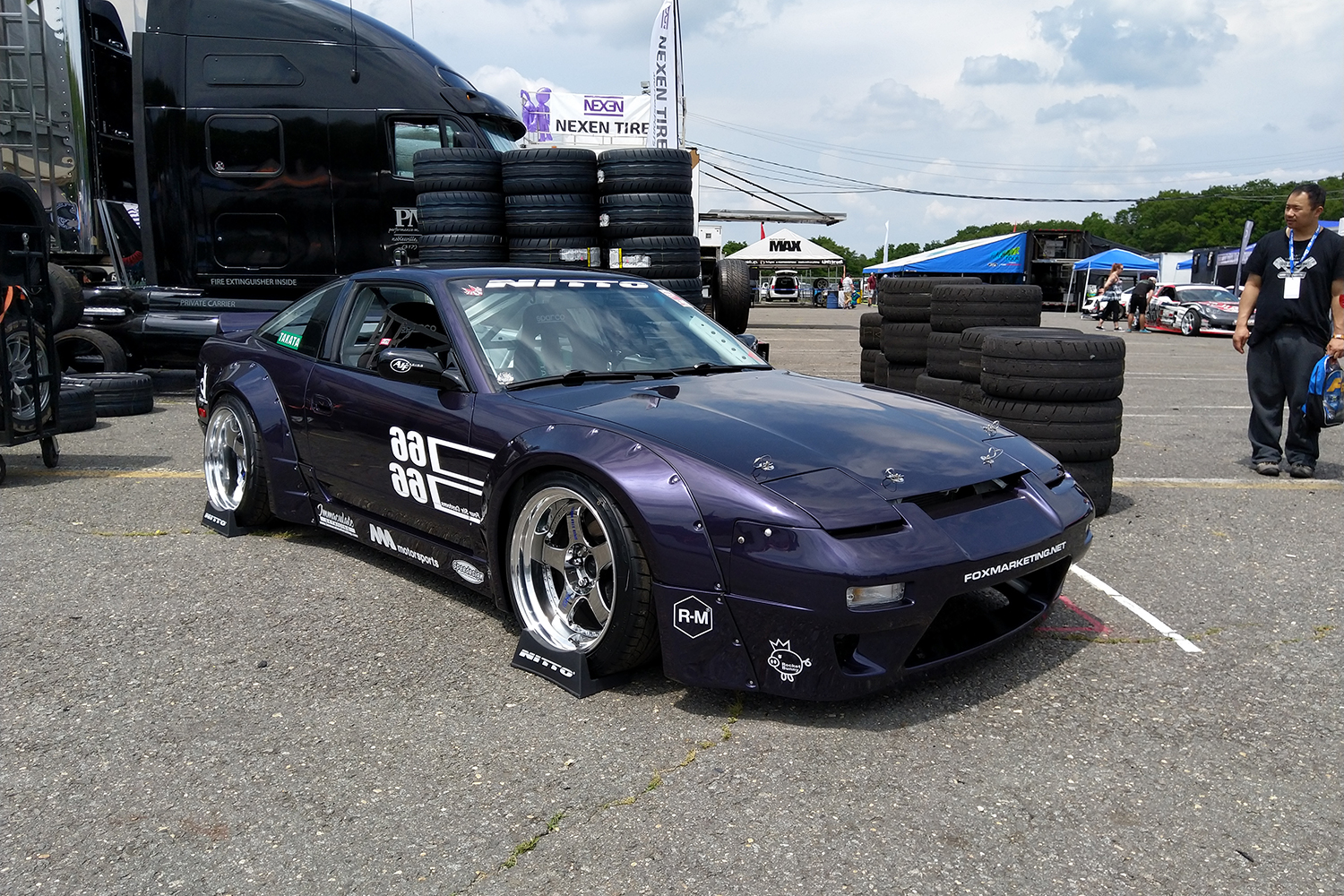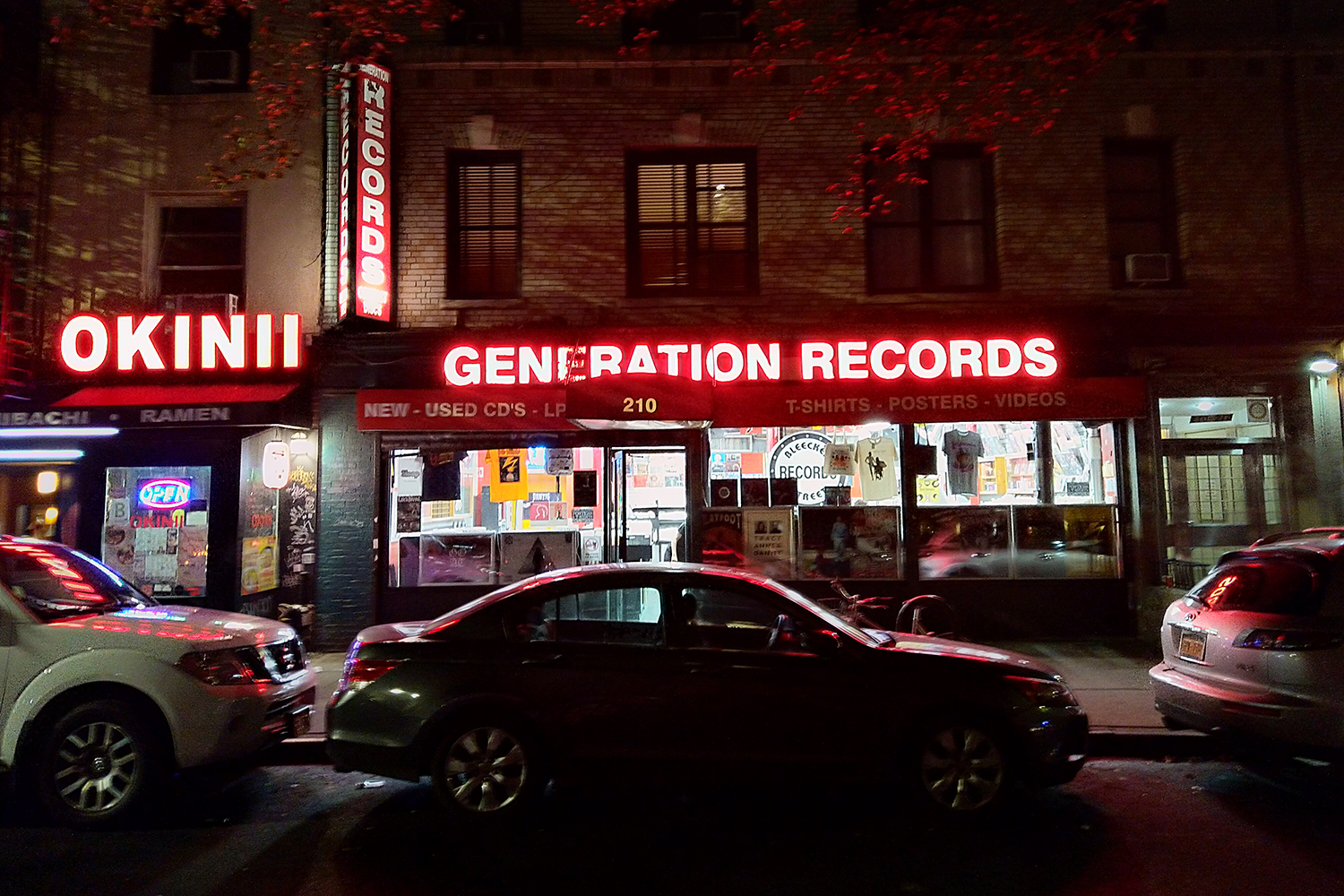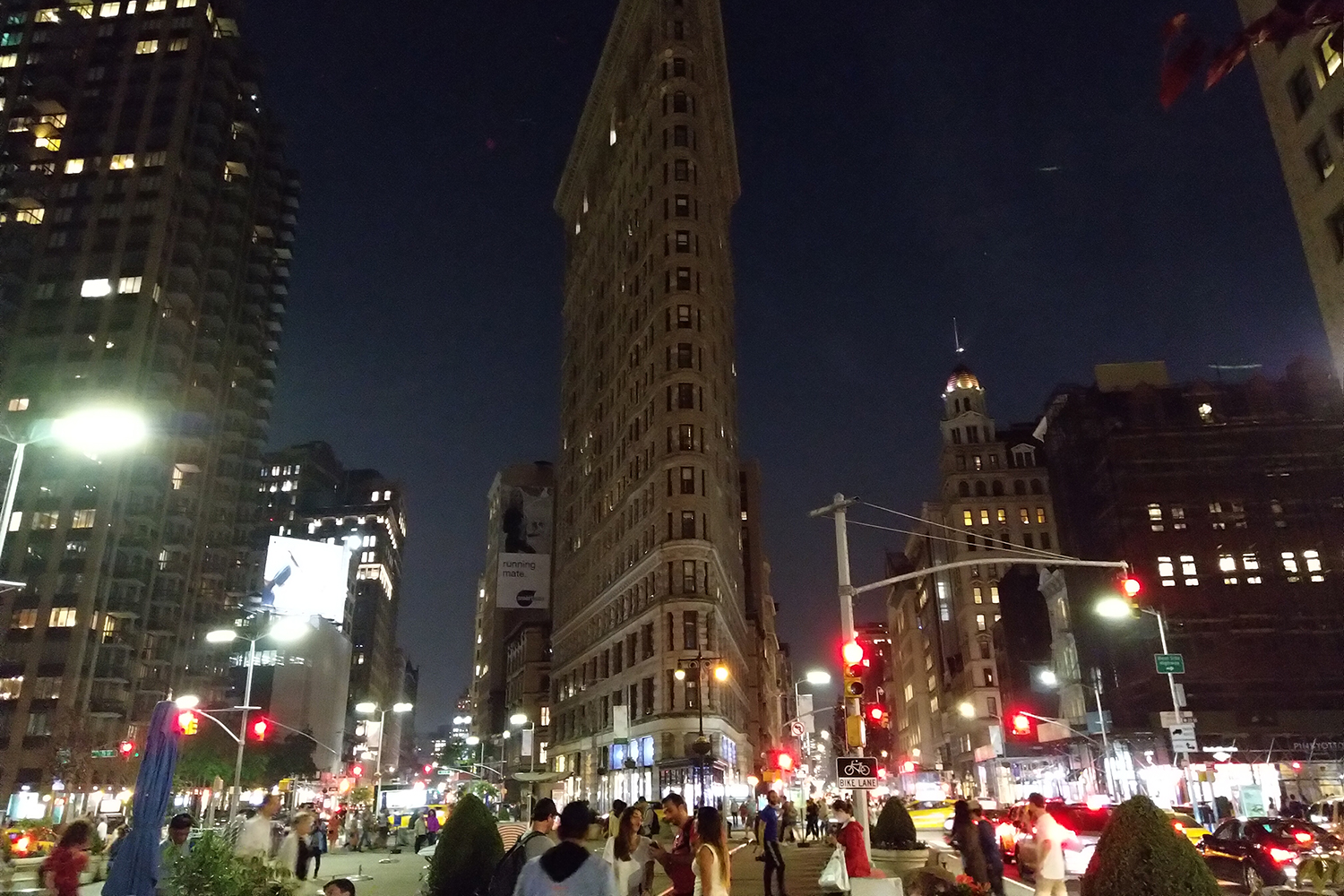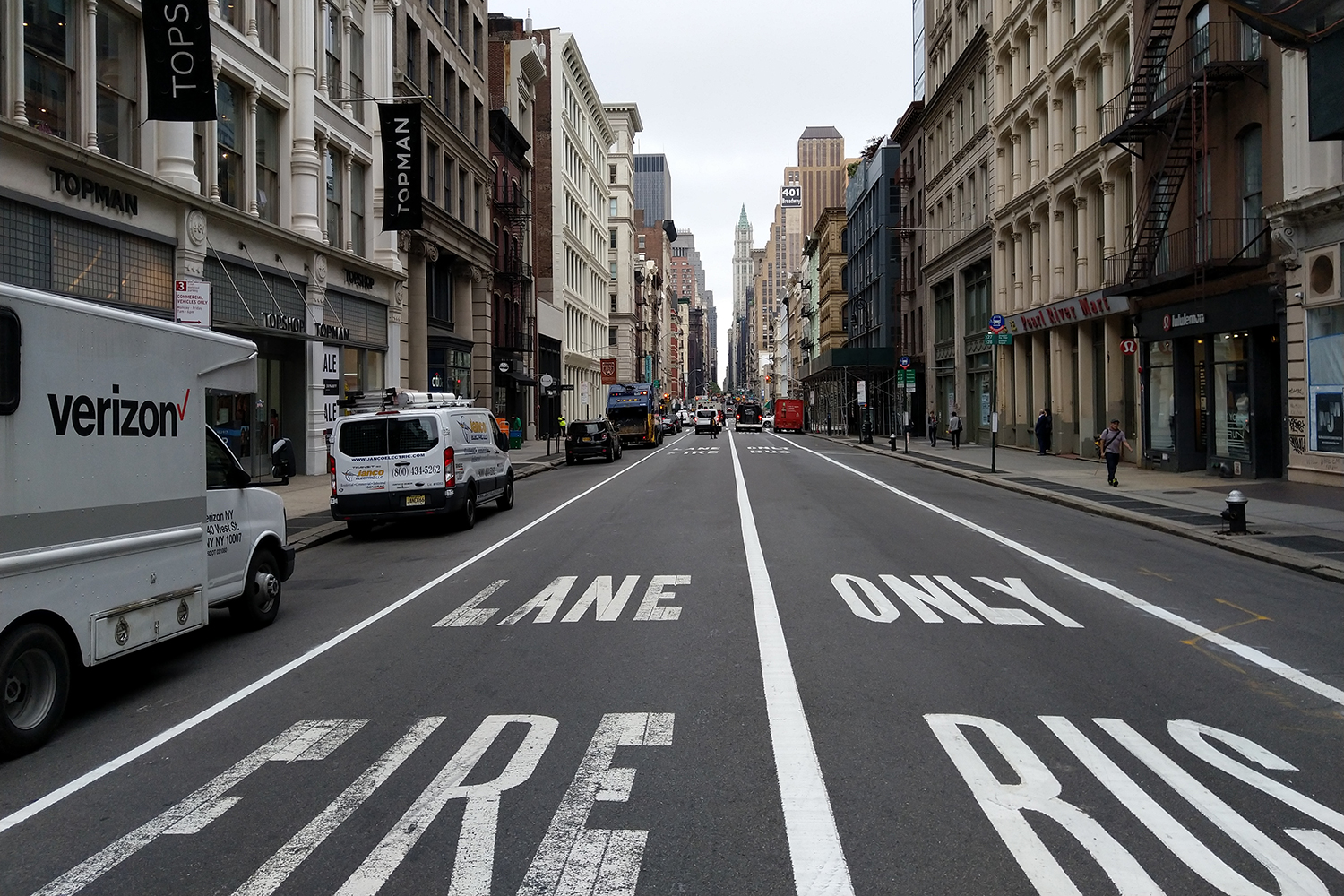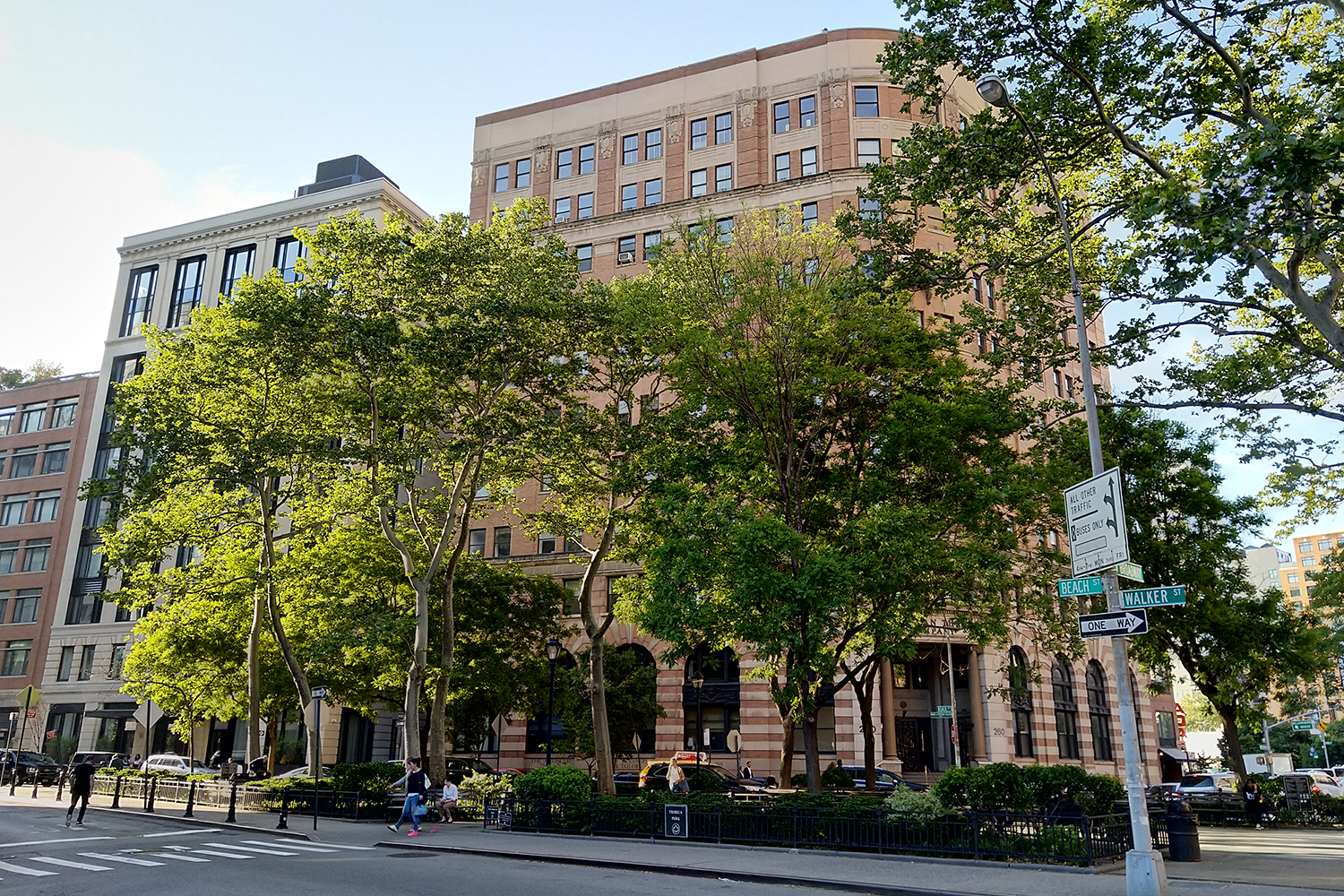“Beautiful to look at and hold, the Nokia 7 Plus wins hearts with its highly competitive price.”
- Great price
- Beautiful 6-inch screen
- Android One software
- Camera can take great photos
- Camera software bugs
- Battery life disappoints
The competition for your money is strong in the world of smartphones, not just in the high-end flagship market. Vying for your cash is the Nokia 7 Plus, a reasonably-priced phone with tempting design and strong specifications, which we liked a lot when it launched at Mobile World Congress 2018.
HMD Global, the company with the licence to produce phones with the Nokia name, refers to the Nokia 7 Plus as a flagship phone for everyone. It’s a bold claim, but it easily rings true: There’s smooth performance, simple and bloat-free software, and a promise of Android version and security updates for two years. The phone isn’t available in the U.S. — and there are some other kinks — but for 350 British pounds, the Nokia 7 Plus is too good a phone to ignore.
Modern design, excellent display
The Nokia 7 Plus is cut from a single piece of 6000 series aluminum, and covered in a ceramic-feel coating on the back. Our review model is black with copper-colored accents, which looks classy, but it may not an aesthetic for everyone.
Get closer and you’ll start to see some surprising details. The antenna has been integrated into the edge of the screen, leaving the back free from those ugly antenna lines on other phones. We had no issues with reception, so this works well in our experience.

The screen blends smoothly down into a chamfered, diamond-cut body edge, and although the sides are flat, they offer good grip, and the phone is comfortable to hold. It’s not slippery like a glass-bodied phone; the buttons — which sadly lack any texture — fall easily to finger, and the 6-inch screen size is manageable unless you have very small hands.
The 6-inch LCD screen comes with an 18:9 aspect ratio, as well as a 2,160 x 1,080 pixel resolution. It’s protected by Gorilla Glass 3, and the sides around feature larger bezels than you may expect. It reminds us of the LG G6 and the LG Q6, with curved corners, and a top and bottom section that are equal in size. It’s very attractive.
You’ll love looking at the screen on the 7 Plus.
The screen gets bright and has great, detailed colors. Photos pop, and watching video is even better. From YouTube to Netflix, the screen excels, and encourages you to watch more. No-one wants to stare at a sub-standard screen, and the Nokia 7 Plus neatly avoids a common pitfall among cheaper phones.
Around the back, things stick to the established modern Nokia look. A dual-lens camera sits vertically at the top, with a large flash sensor alongside, and a fingerprint sensor below it. Otherwise, apart from some branding, it’s relatively simple. The Nokia 7 Plus isn’t clamoring for attention. It’s a safe, mature design that won’t cause anyone to get upset — there’s no notch, for example — but it equally won’t make anyone hot under the collar either.
This isn’t a bad thing. It’s a reasonably-priced smartphone, not a sports car. But if you put style near the top of your must-have list, then the Nokia 7 Plus may not shout loud enough to make itself known.
Camera
The dual-lens camera on the back of the Nokia 7 Plus consists of a 12-megapixel, f/1.7 aperture lens and a second 13-megapixel, f/2.6 aperture lens. Both are branded by Zeiss, a long-time Nokia partner with an excellent reputation. On the front, next to a very subtle Nokia logo, is a 16-megapixel selfie camera, again with Zeiss optics.
There are two headline features. A bokeh mode, and a Bothie mode. The bokeh mode is essentially what’s known as Portrait Mode on other phones — it blurs out the background around a subject.
Sadly, on the Nokia it’s a hit-or-miss if it works. Select the mode and point it at a face, flower, cup, or other object, and usually an alert saying “too near” appears on the screen. No matter how far away you get, this doesn’t change. If you snap the shot anyway, 60 percent of the time the photo will have bokeh. It’s not good at focusing on a subject in bokeh mode either, and often looks past the closest object and focuses on the background instead, missing the whole point. Clearly, software is to blame here, and Nokia will likely correct these problems with an update.
Bothies are a fun and effective way of capturing a scene with you in it.
Bothies are more successful. This is the common name for the photos taken with Dual Sight mode, which utilizes both the front and rear cameras at the same time, creating a photo using both pictures.
Bothies are a fun and effective way of capturing a scene with you in it. But its uses are limited, and it lends itself only to a few situations. We like the way it can be used for stills, video, and live streams though, and it worked really well in our tests.
Take photos with the camera as normal and you can get some great results, along with some more mediocre ones. Point it anywhere on a pleasant day, even an overcast one, and the pictures are often excellent. A foggy stroll through Times Square with the Nokia 7 Plus produced some atmospheric images we wanted to share, while another vertical shot looking directly down a New York street in varying lighting came out way better than we expected. However, even with the decent aperture, low-light pictures aren’t spectacular and lack detail.

There’s a Pro mode to tinker with, a 2x zoom feature, a selection of basic editing tools, and the video will shoot up to 4K resolution. The 7 Plus does not have optical image stabilization, though it makes do with electronic image stabilization. Shooting 4K video is a shaky affair when walking, but Full HD is considerably better.
Considering the price of the phone, the Nokia 7 Plus’ camera is perfectly acceptable. It’s not up there with the best cameras, but we took enough pictures that we wanted to share online, which is proof it’ll satisfy many people. However, the bokeh mode is a serious black mark against the phone’s camera at the moment. Nokia needs to fix it very soon.
Stock software, good performance
If the camera’s bokeh mode doesn’t quite hit the spot, the rest of the software is exactly what we want. Nokia has adopted Android One for the Nokia 7 Plus, and almost all its other phones for 2018, and it’s a masterstroke. Android One is a Google-backed, almost completely standard version of Android. That means no bloatware, no messy user interface, and a commitment to delivering security and major platform updates for two years.
It’s almost impossible to fault the software on the Nokia 7 Plus, making the camera problems twice as frustrating.
The Nokia 7 Plus runs Android 8.1 Oreo, and during our time with the phone, we received the June 2018 Android Security Patch, updating the phone from May’s version. Even the latest phones, aside from Pixel devices and other Android One phones, are months behind. It may sound small, but we often mark down other phones for not delivering timely updates, so it’s important to mention when companies do deliver.
The Nokia 7 Plus’s software runs smoothly, and we had no problems with any of our usual apps. It’s also a welcome change to have Google’s Gboard set as the default keyboard, sensibly laid out notifications, and even the option to run the Android P beta if we really wanted. It’s almost impossible to fault the software on the Nokia 7 Plus, making the camera problems twice as frustrating.
We ran the usual benchmarks to see how it performed.
- AnTuTu 3DBench: 140,409
- Geekbench 4: 1,648 single-core; 5,823 multi-core
- 3DMark Sling Shot Extreme: 1,066 (Vulkan)
A Snapdragon 660 processor with 4GB of RAM powers the phone, with 64GB of internal storage space plus a MicroSD card slot expansion. Games are easily playable, but the phone did get quite warm — not hot — especially on the screen; the battery also took a pounding after an hour’s play.
Average battery
The battery has a capacity of 3,800mAh, which is substantial, especially when paired with relatively modest technical specs. We expected it to reach the two-day life quoted by Nokia with ease, but it didn’t quite live up to that, usually reaching a day after a bit of medium use before anxiety forced us to plug in. Use the Nokia 7 Plus hard, and the battery only lasts a day. It’s not terrible by most standards, but we expected more.
The phone doesn’t have wireless charging, but it does support Qualcomm’s Quick Charge 3.0 through a USB Type-C port on the bottom of the phone. We did notice the standard cable wobbled about when connected, making us worry about the port’s integrity. It didn’t affect charging, but the wobble joined the SIM card tray annoyingly not sitting flush with the frame, both of which let the overall build quality down.
Price, warranty, and availability
The Nokia 7 Plus is available in the U.K. for 350 British pounds (around $465) without a contract through Nokia’s own online store, Amazon, or retailers including Clove Technology. On the high street, it can be purchased through Carphone Warehouse with or without a contract. HMD Global provides a 24-month warranty in the U.K. on the device itself along with all non-removable batteries.
A U.S. release for the Nokia 7 Plus hasn’t been announced at the time of writing.
Our Take
The Nokia 7 Plus has a screen you’ll want to gaze at and software you’ll want to use, matched with a mature, classy body you’ll want to hold — all for a competitive price.
Are there any alternatives?
This is a tough price bracket, and there is plenty of competition for the Nokia 7 Plus. If we look at phones that cost less than $500, the list to check out includes the HTC U11 Life and the Motorola Moto X4, which both come with Android One, plus the Motorola G6 Plus, due to the close-to-standard version of Android installed. Check the Xiaomi Mi A1 for some Android One goodness on an even cheaper phone, if you’re happy to import.
However, the biggest challenger to the Nokia 7 Plus is the Honor 10, which costs 400 British pounds. It looks stunning, has a great camera, and plenty of other desirable features. It’s worth the extra money over the Nokia 7 Plus, but it is a different proposition. It’s more showy, and more complicated. The Nokia 7 Plus is mature, and easy to use. Additionally, if you don’t mind spending a little more, the OnePlus 6 comes into range, and we highly recommend it.
How long will it last?
The Nokia 7 Plus may not be made of glass, but it doesn’t have an especially rugged body, and there’s no IP-rating for water resistance, so you’ll have to be careful with it. The good news is a transparent silicone case comes in the box, and provides plenty of protection for the back and the sides of the phone. You can also check out our guide to the best cases for the Nokia 7 Plus if you want other options.
Android One is a benefit for longevity, because it’s assured the phone will get important software updates on a timely basis for two years. We expect the phone to last this long at a minimum (thought it will likely continue performing for a few more years) before you may want to consider upgrading.
Should you buy one?
Yes, but be aware Nokia needs to fix the problem with the Live Bokeh mode. The issue isn’t quite serious enough to say don’t buy the phone, because apart from this it’s an excellent buy, despite the slightly hobbled battery life. We’ve asked Nokia for feedback on the camera software and battery life, and will update the review when we know more.



